Don Dines in Athens: In/Out Eating
Not all surprises are pleasant, but...
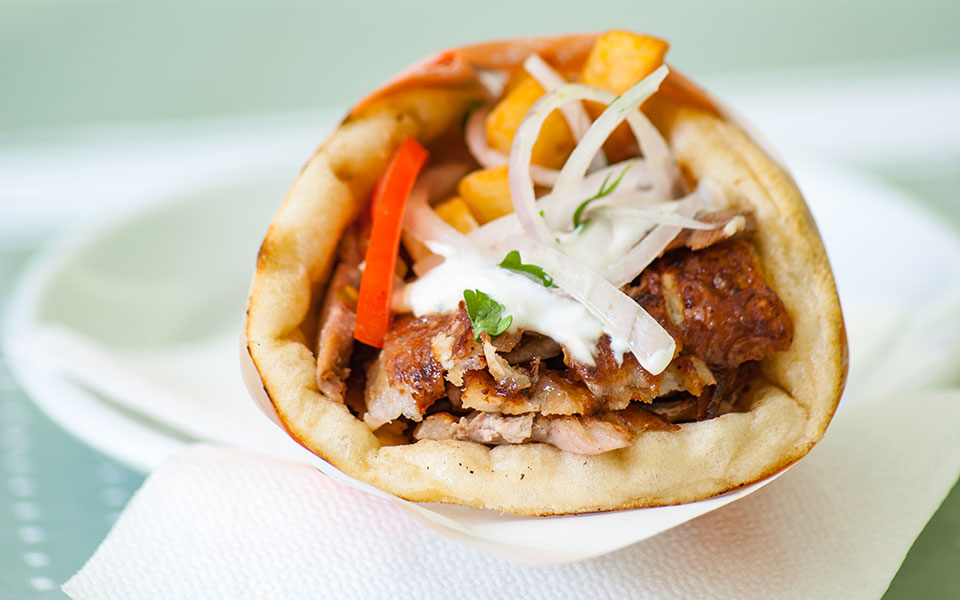
© Shutterstock
Sunny skies are a rare joy in Berlin in the springtime. “If you don’t go out for a frappe on a day like this, when will you?” smiles Stella, a Greek-German resident of the city, referring to the iced coffee drink popularized by Greek cafes.
Just a few meters from her home in the district of Steglitz in southwest Berlin, there’s a branch of the Greek coffee and snack chain Grigoris (or Gregory’s when it’s abroad). “Some people come here to quench their nostalgia for Greece and others to try something different,” she says, explaining that the Germans are not so much into the iced coffee as they are the crispy phyllo pies.
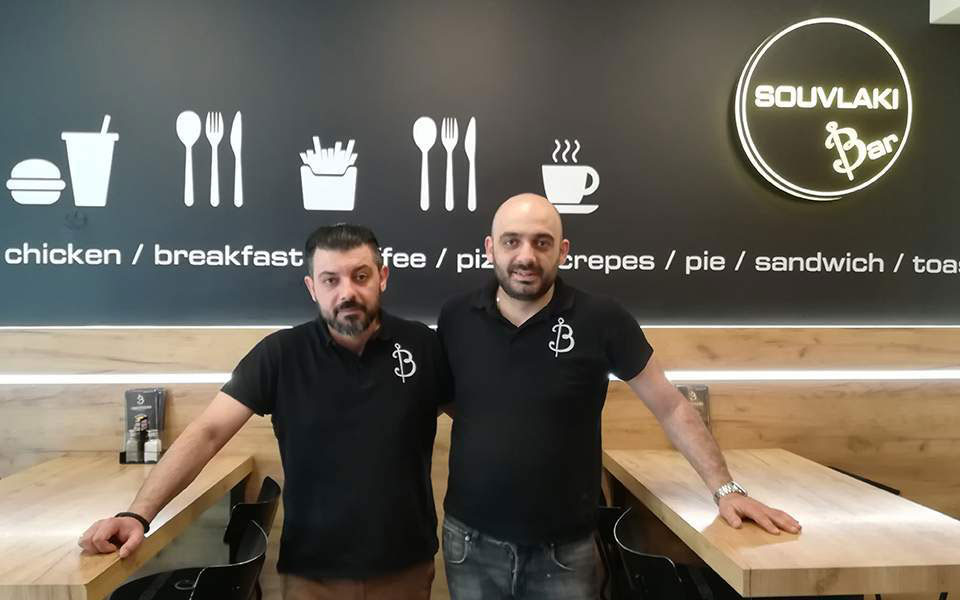
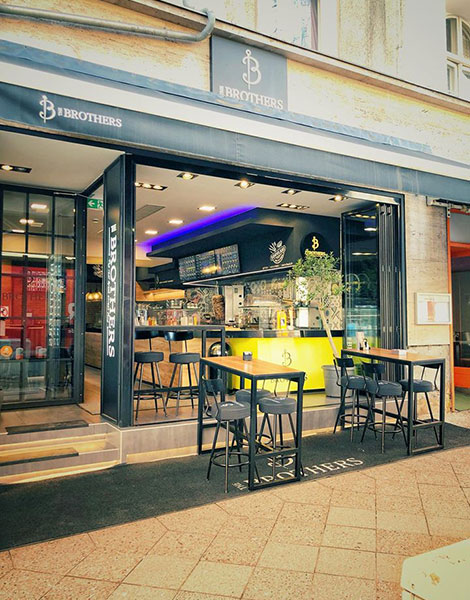
© The Brothers
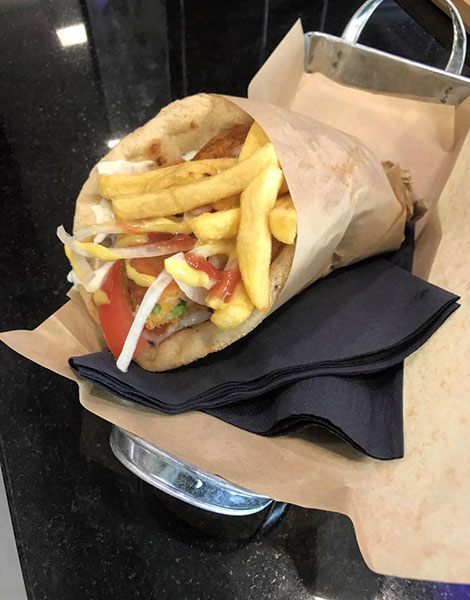
© The Brothers
This is one of the chain’s quieter branches in Berlin. According to the company’s website, it started its expansion in November 2015, opening a shop in the heart of what was once East Berlin, Alexanderplatz. Two years later, it had outlets in Steglitz and multicultural Neukolln, but also on Friedrichstrasse, a magnet for tourists.
It is hoped that Berliners will embrace the frappe at some point, just as they did Greek souvlaki thanks to the two brothers who introduced the city to “real Greek street food.” In a modern store called The Brothers in a central spot in Schoeneberg, Nikos and Antonis Plakidas from the northern Greek town of Karditsa are doing a stellar job of promoting Greece’s answer to the hamburger.
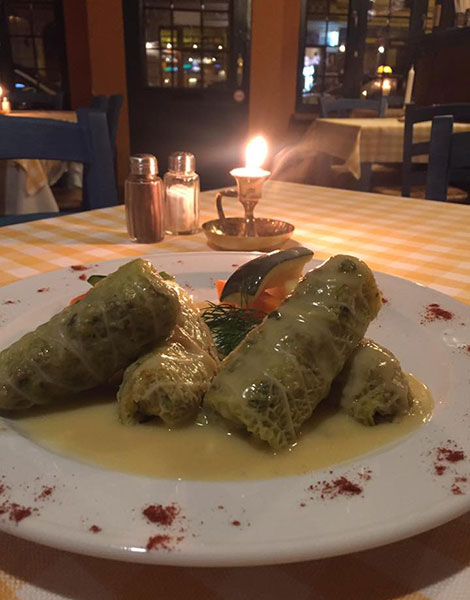
© Estia
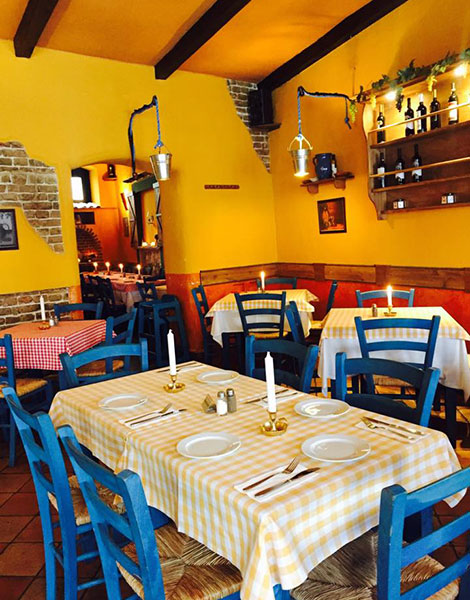
© Estia
“German consumers are familiar with the Turkish doner kebab, but the two products are very different,” explains Nikos. “Souvlaki comprises pieces of meat while doner is mainly mince.” This is why, he says, foreigners who haven’t tasted souvlaki before get so excited when they do while on holiday in Greece. “We have regulars from all over the world, including Russians, Serbs and Armenians,” says Nikos, adding that the business employs around seven Greeks right now.
Diners pining to be back on a Greek beach form the core of the clientele at Estia, a meze restaurant in the same area that has been around since June 2016. “In the fall we get a big influx of new customers who have just come back from holidays in Greece,” says owner Tasos Kountouras, who was born and grew up in the German capital.
“We are open daily until midnight and half our customer are Greeks who live here,” he says, adding that Estia also gets a lot of Italians. “They love our moussaka,” he says.
This article was first published by ekathimerini.com
Not all surprises are pleasant, but...
One of the most impressive canyons...
Beyond souvlaki lies a carnivore’s paradise,...
A detailed guide to preparing homemade...